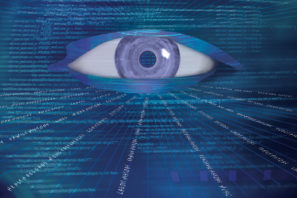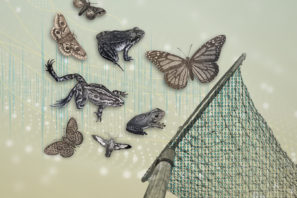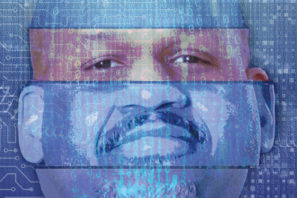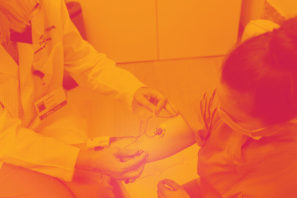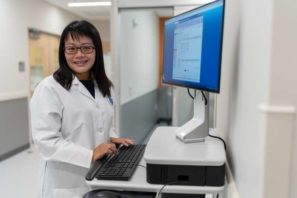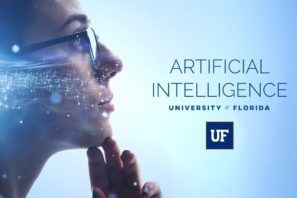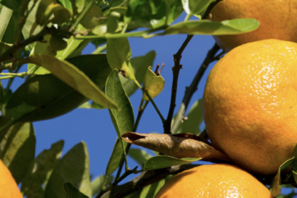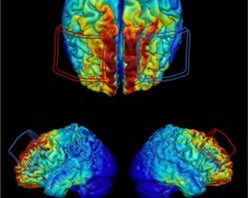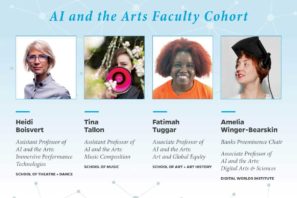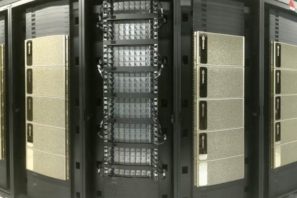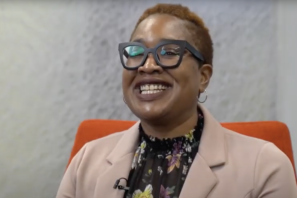Artificial intelligence and computer science researchers say getting machines to do the right thing has turned out to be relatively easy. We program Roombas to vacuum our homes, but don’t expect them to brew our coffee. We program robotic arms to sort parts in factories, but not to decide which colors to paint cars. We program doorbells to tell us who is at the door, but not to let them in. Most of our machines do one thing and do it well, usually in error-free fashion. They get the task right.
The frontiers remaining in the natural world today are not in the thickest jungles, deepest oceans and highest mountains. For...
When you can’t trust your own eyes and ears to detect deepfakes, who can you trust? Perhaps, a machine. University of Florida researcher Damon Woodard is using artificial intelligence methods to develop algorithms that can detect deepfakes — images, text, video and audio that purports to be real but isn’t. These algorithms, Woodard says, are better at detecting deepfakes than humans.
Azra Bihorac says one of the most important collaborations for doctors and nurses in the future will be with the...
Not so long ago, a scientist might say she could never have too much data. Even today, in a world drowning in data, it is better to be data-rich than data-poor.
University of Florida researchers are developing a new artificial intelligence tool that will help clinicians identify high-risk patients for opioid use disorder and overdose.
On a hot, muggy morning in July 2020, University of Florida President Kent Fuchs announced an astonishing $70 million public-private partnership between UF and NVIDIA, thus making artificial intelligence (AI) the centerpiece of a major, long-term initiative combining world-class research infrastructure, cutting-edge analysis and a revolutionary approach to curriculum.
University of Florida researchers are using artificial intelligence to help citrus growers better forecast their seasonal production. So far, they’ve found in a preliminary study that their technology predicts yields with 98% accuracy.
University of Florida researchers studying the use of a noninvasive brain stimulation treatment paired with cognitive training have found the therapy holds promise as an effective, drug-free approach for someday warding off Alzheimer’s disease and other dementias.
After an international search process, the College of the Arts welcomes Heidi Boisvert, Tina Tallon, Fatimah Tuggar, and Amelia Winger-Bearskin to professorships in AI and the Arts this fall. The cohort represents a variety of artistic and creative disciplines, with each member appointed to a different school or institute within the college.
The University of Florida’s HiPerGator AI supercomputer has been named the one of the most powerful worldwide, according to rankings just released by TOP500, the most referenced global ranking of high-performance computing systems.
Jasmine McNealy, University of Florida College of Journalism and Communications Media Production, Management, and Technology Associate Professor and Associate Director of the Marion B. Brechner First Amendment Project, is featured in a video about creating responsible AI.

